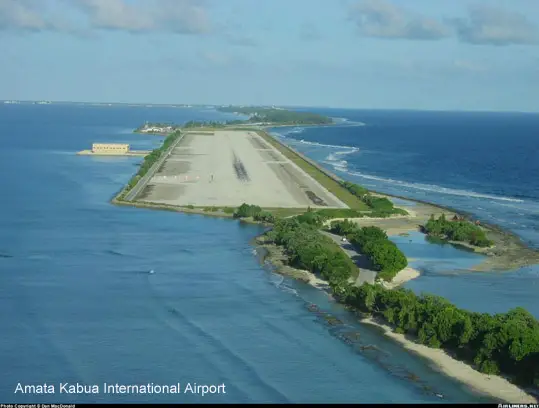PRIME Minister Andrew Holness has called on the Latin American States to give special attention to small developing states in fighting vulnerabilities such as socio-economic challenges.
Addressing the Latin American and Caribbean Summit on Integration and Development (CALC) in Caracas, Venezuela on the weekend, the prime minister said the socio-economic challenges that confront the small developing states include the impact of natural disasters and climate change; high prevalence of HIV/AIDS and non-communicable diseases; high levels of indebtedness and the categorization of some countries as upper middle income which affects access to concessional forms of loan financing and debt relief.
"The time has come to expand our horizons towards regional integration respecting the principles of solidarity, flexibility, pluralism, diversity and complementarity of actions, taking into account the importance of ensuring favourable treatment for the small vulnerable economies and island developing states. We must seek to do that now as a region... to foster our own solutions and to promote integrated regional development," the Jamaican prime minister said.He said the CALC Summit was "another significant step to consolidate our own regional space and to construct the political, economic, social and cultural integration of Latin America and the Caribbean through the vehicle of the Community of Latin American and Caribbean States".
More: http://www.jamaicaobserver.com/news/PM-seeks-support-of-Latin-American-for-small-developing-states_10336352#ixzz1hSSVgqgG























